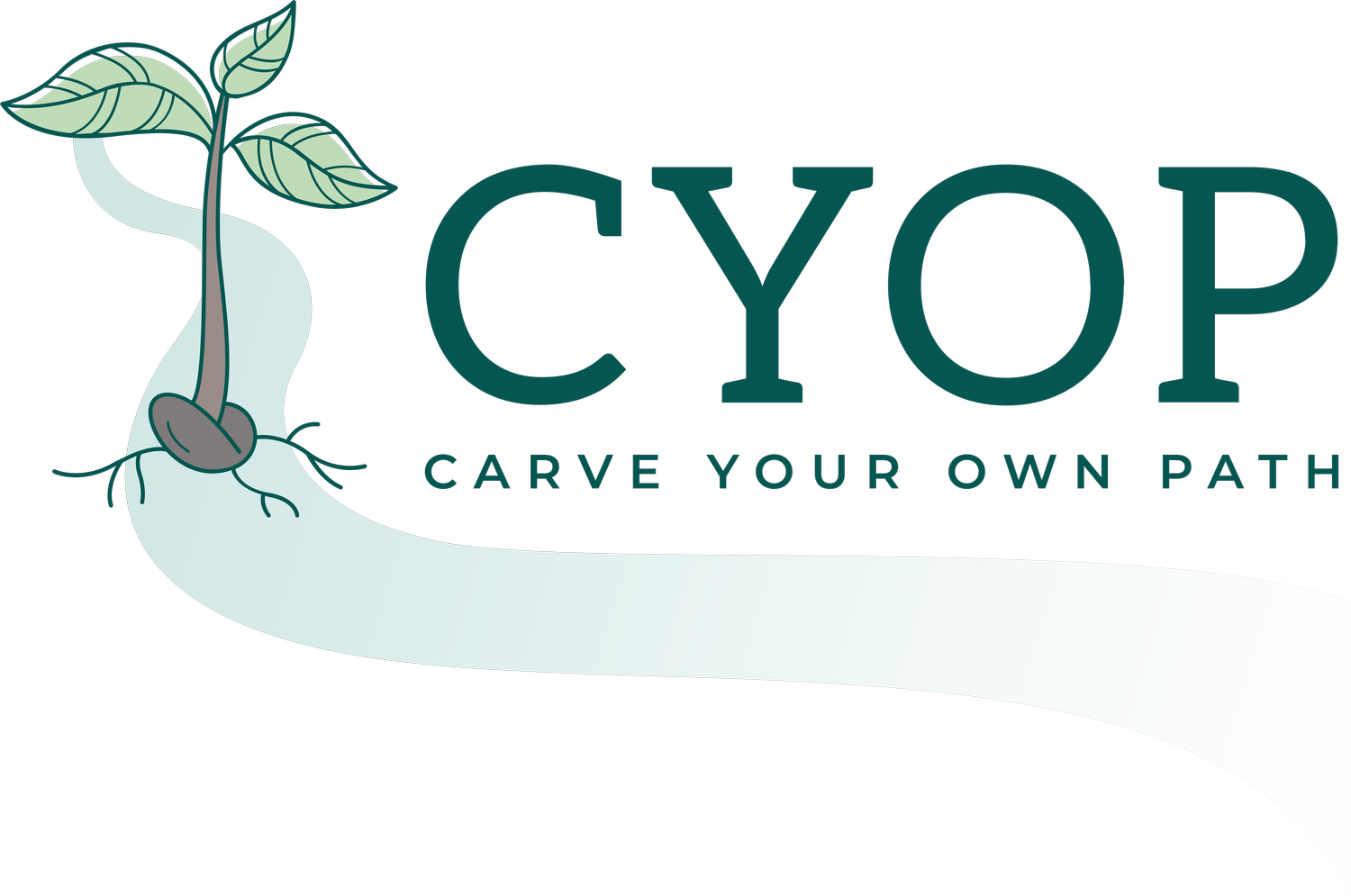Stress Awareness: Empowering Individuals to Manage Stress and Promote Well-being
Taking time to recognize the growing impact of stress on our lives and taking proactive steps to manage it is crucial. Stress is not just a normal part of life, it’s a major factor contributing to chronic health issues like heart disease, anxiety, depression, and autoimmune disorders. For many, stress is an unavoidable consequence of the fastpaced, pressure-filled world we live in. But while we can’t always control the stressors we face; we can control how we respond to them.
It’s critical to recognize both the individual and systemic aspects of stress management. Empowering people to better regulate stress is key to improving overall health and wellbeing, especially for communities that face additional stressors due to economic inequality, discrimination, and limited access to healthcare.
Tools for Stress Management
Several tools can help individuals manage stress, and integrating them into daily routines can have lasting positive effects on physical and mental health:
1. Mindfulness and Meditation
Practicing mindfulness helps individuals stay present and manage anxiety. Apps like Headspace and Calm offer guided meditations to reduce stress and enhance emotional regulation.
2. Physical Activity
Regular exercise, from yoga to walking or running, releases endorphins, which are natural mood boosters. It also promotes overall health, reducing the risk of stress-related chronic conditions.
3. Deep Breathing Techniques
Simple techniques like diaphragmatic breathing or the 4-7-8 method can activate the parasympathetic nervous system, helping the body relax and reduce stress levels almost immediately.
4. Time Management Strategies
Learning how to prioritize tasks and set healthy boundaries can prevent feelings of overwhelm. Tools like the Pomodoro Technique or to-do list apps can enhance productivity and help individuals avoid burnout.
5. Therapy and Counseling
Cognitive Behavioral Therapy (CBT), Dialectical Behavioral Therapy (DBT), and other therapeutic modalities can help people reframe their thoughts and develop healthier coping mechanisms.
The Intersection of Stress and Social Determinants of Health
While stress is a universal experience, its impact is not felt equally across society. Systemically marginalized communities—whether due to race, gender, income, or geography—often experience heightened levels of stress due to factors such as discrimination, economic instability, and limited access to quality healthcare. Chronic stress is not just a psychological burden; it also has physical repercussions, particularly for those who are already facing social and health inequities.
The disparities in healthcare access and treatment between privileged and marginalized communities mean that the physical symptoms of stress—like hypertension, heart disease, and diabetes—often go untreated or under-managed. Furthermore, the lack of mental health resources and support systems
Advocating for Systemic Change
It’s important to not only focus on individual tools for stress management but also on the need for policy changes that reduce stressors for marginalized groups. Healthcare access, paid family leave, and workplace policies that encourage work-life balance are essential steps in creating an environment where everyone can thrive. In addition, public health campaigns and community-based initiatives that promote mental wellness and resilience are crucial for addressing the collective impact of stress.
Everyone deserves the right to access the tools and resources that enable them to live stress-free, healthy lives. By advocating for human rights and working towards equitable healthcare systems, we can reduce the systemic stressors that perpetuate health disparities.
This should serve as a reminder to act, not only to manage stress on an individual level but also to address the broader social determinants that contribute to chronic stress in vulnerable communities. By equipping individuals with stress-reducing tools and fighting for equitable access to healthcare, we can create a healthier, more just world for all.
References:
Very Well Mind: 18 Effective Stress Relief Strategies
National Institute of Health: Stress and the Mental Health of Populations of Color: Advancing Our Understanding of Race-related Stressors
